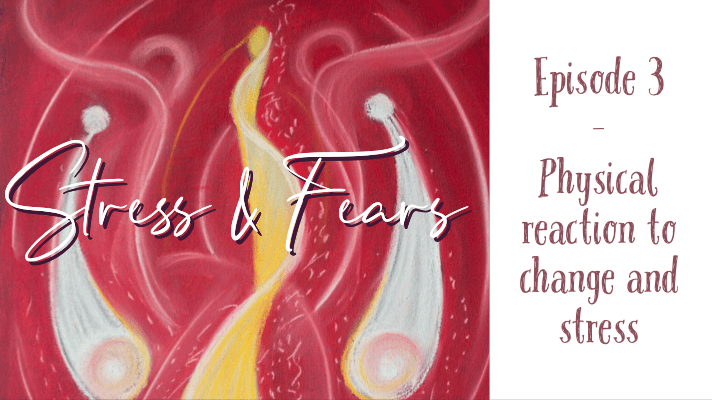

Did you ever got that calling that was grabbing your guts and screaming “it is time for you to change, time for you to move on with your life”?
It could be after any mourning situation (from losing a relation, a job loss or resettlement) but this inner call can be both stimulating and destabilizing.
Though you feel the need for change, taking action may be difficult. It is not because you are weak, fragile nor stupid. It is because change is not easy for anyone. It requires moving from a situation or a place we know to the unknown. And it is frightening.
The human mind likes habits or patterns. This is the domain of the brain, where it can connect dots, assess and define a situation. But change brings novelty to the brain's equations. Our mental cortex generally prefers its past programming.
New environments or situations are not yet encoded in its system. This brings confusion and activates fears. And fear triggers overthinking, which will bring back the mind into the awareness of what it does not know and thus increases stress. It can become an endless loop of self-destruction.
Additionally, the body responds to stress in many ways, including sleep problems, digestive disruption, irritability, or sensitivity. The change affects your mind, then the body, and then your emotions.
When all parts of our stress system are activated, the primal function of our body is survival. Do not be too hard on yourself if you feel that your brain is not following.
As a matter of fact, it is functioning well but the brain's survival mode is ignited and sends a signal to the adrenal gland that releases adrenaline and accelerates your breath and your heartbeat for you are ready for action.
And the length of the stress period has an impact on you physically and intellectually.
The body also releases a sequence of hormones that allows you to manage stress and come back to a calm state after a shock. This sudden influx of hormones impacts your brain. For example, we know that a little bit of stress helps to memorise information. Too much stress diminishes this exact same capacity; senses are sharpened but reasoning ability is weakened.
As you may have noticed, your brain does not know the difference between 'survival' stress and 'work-related' stress.
Change is thus a huge trigger of stress and when your life is shifting, a long period of stress can accompany it. While you cannot avoid it, you can learn to leave it gracefully and to deal with your stress. There are different techniques, from sport to meditation or even self-expression that will help you to release your stress and to get out of your endless thinking.
One of them is to learn to step back and observe yourself. It is not something we are used to but the more you can take an observer position of your own experience the more you can have a better vision of what and how to change. A coach, NLP therapist or hypnotherapist can help you to get there if you need punctual support.
Should you want some more tips on dealing with stress, you can access a free 5 tips to Dance With Your Fears (Gracefully) and find your way back to calmness at www.christelmesey.com. This is also available in a French version.